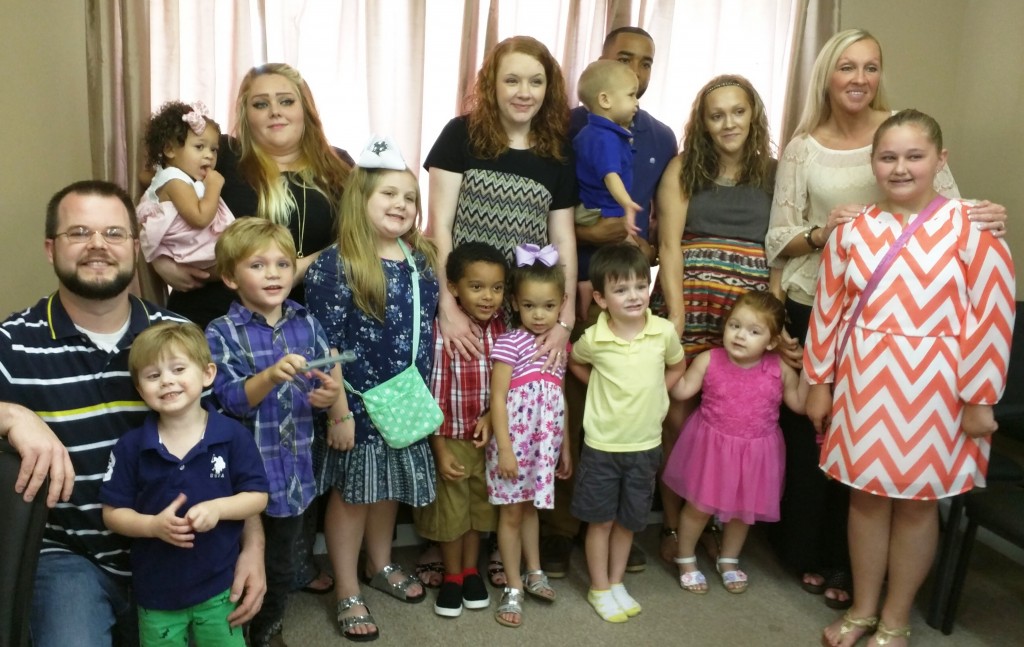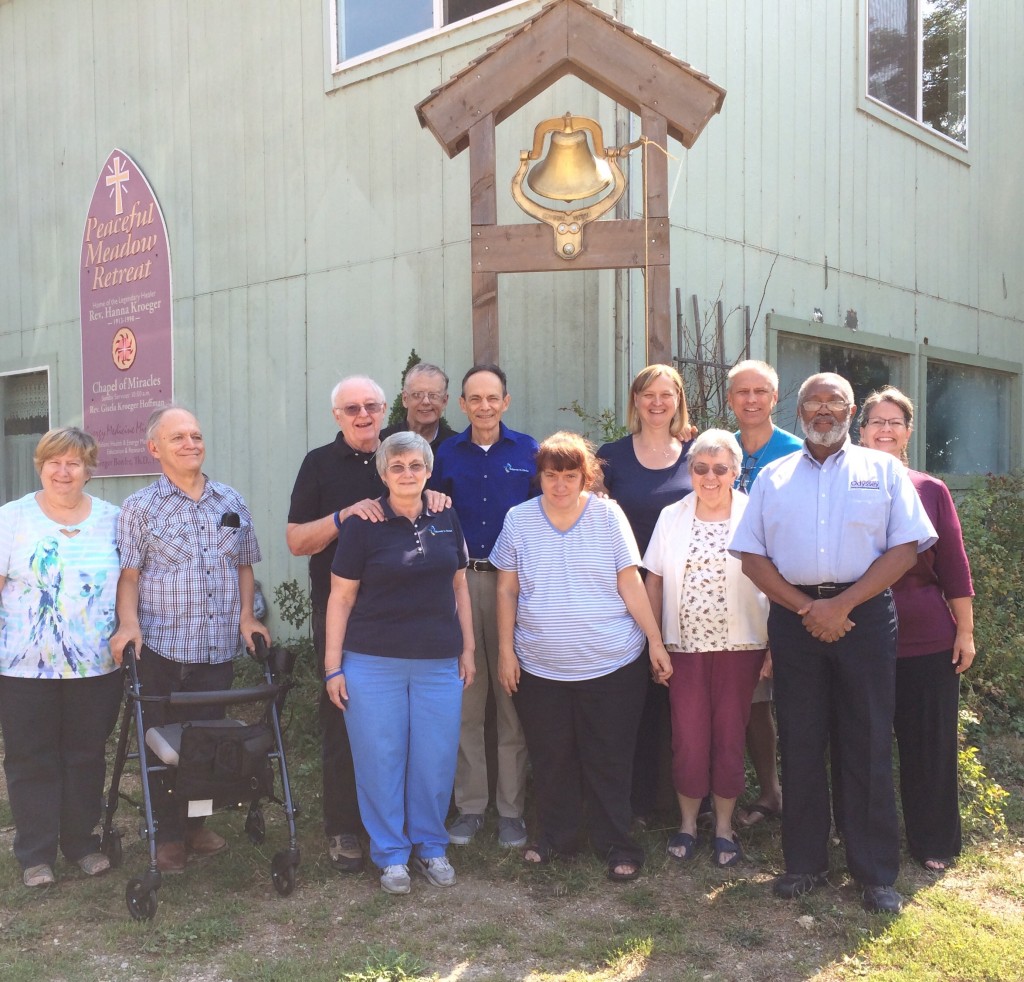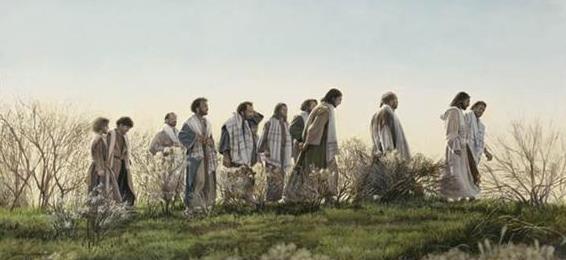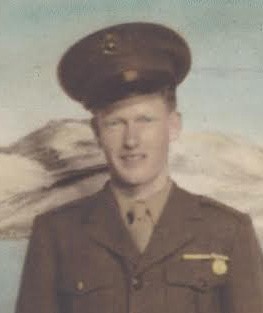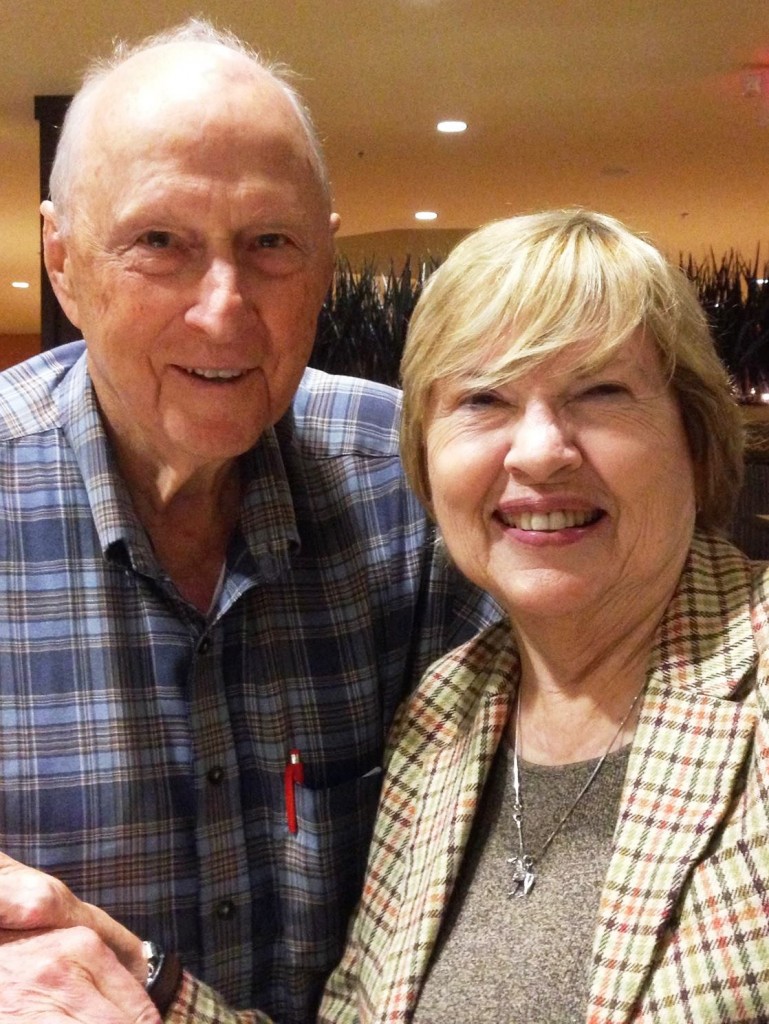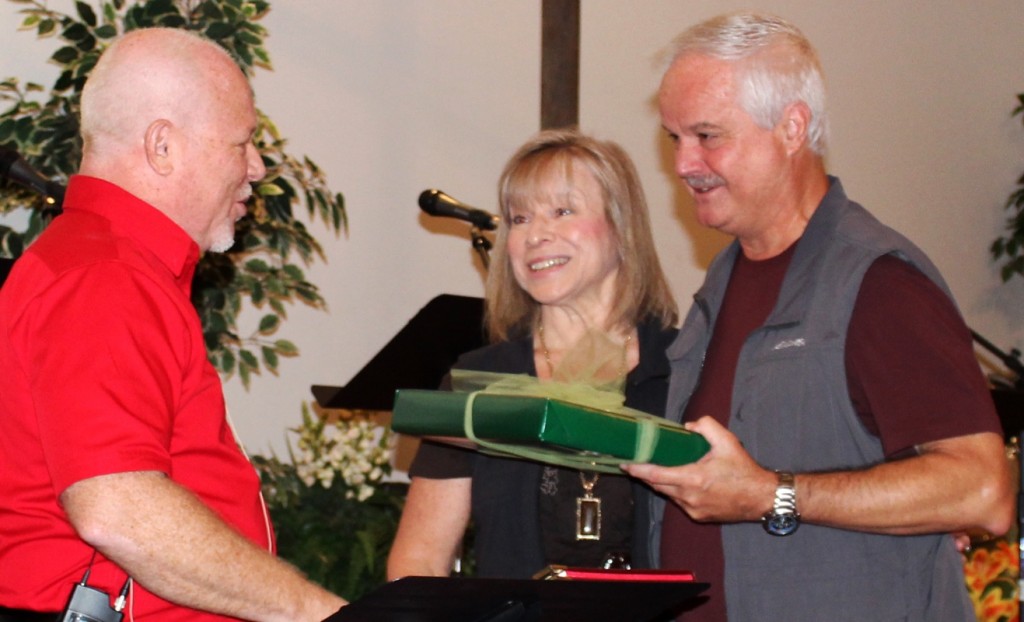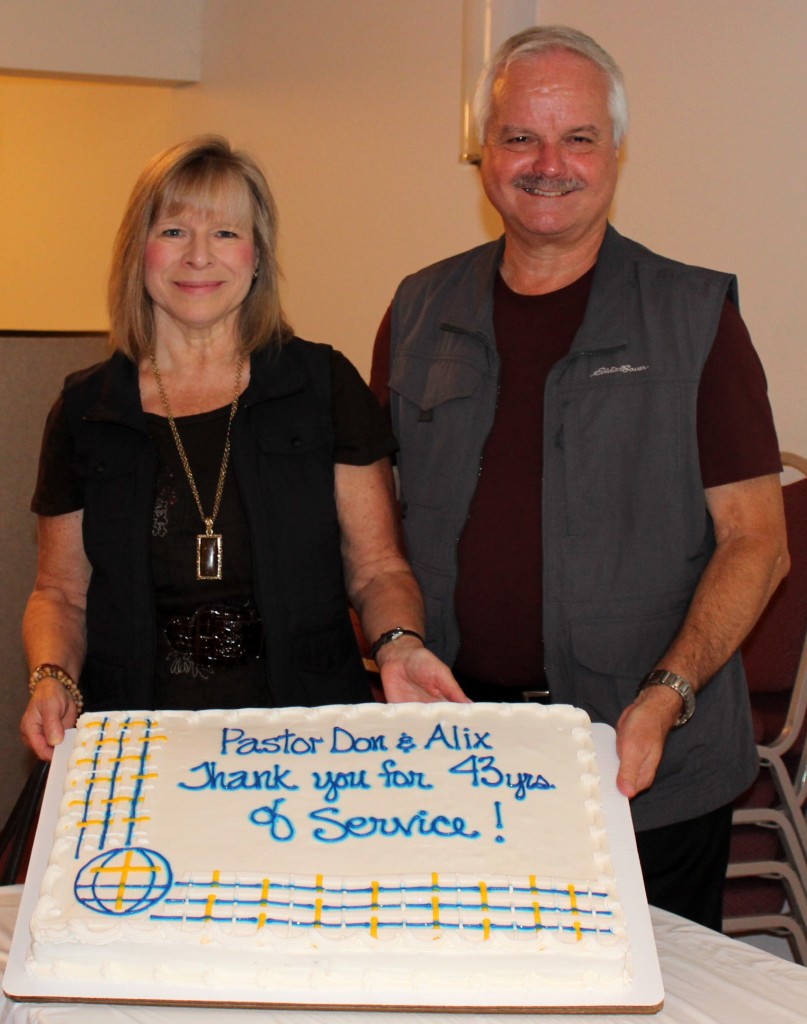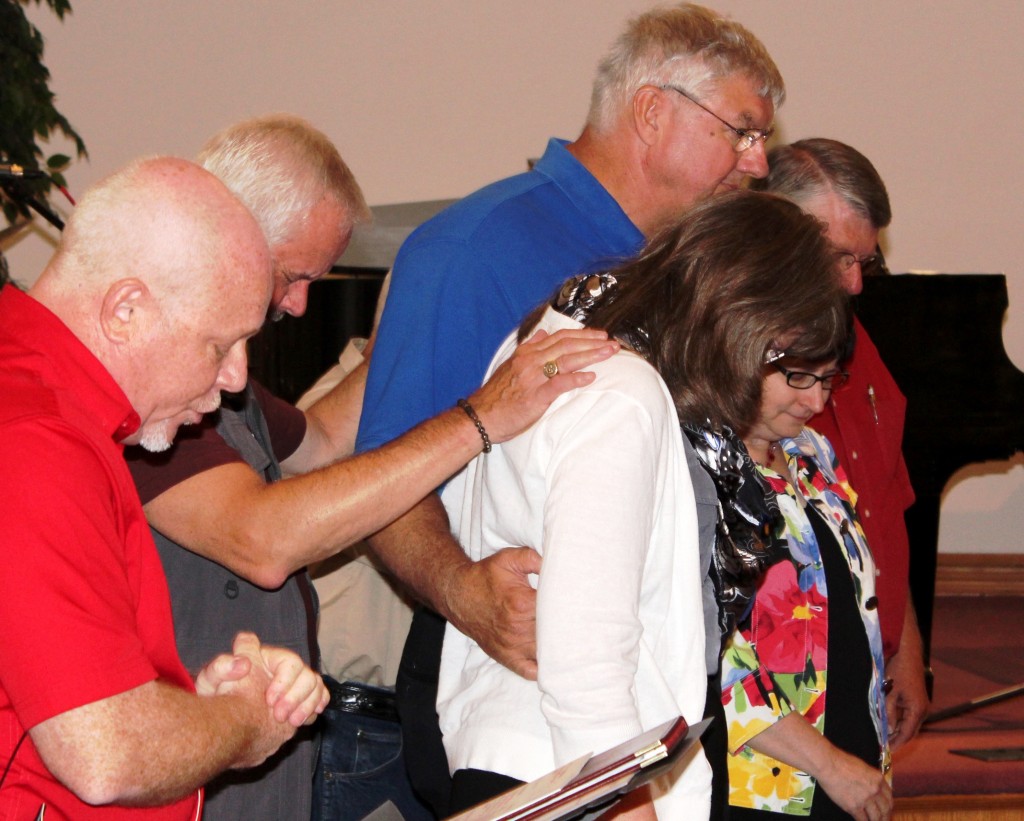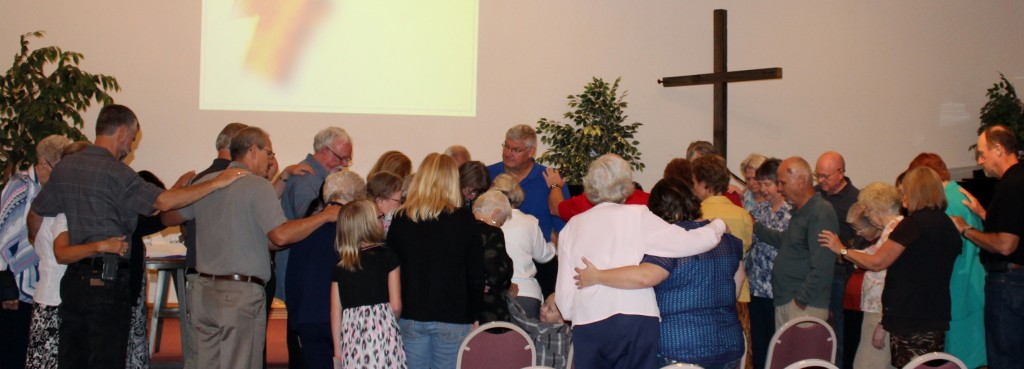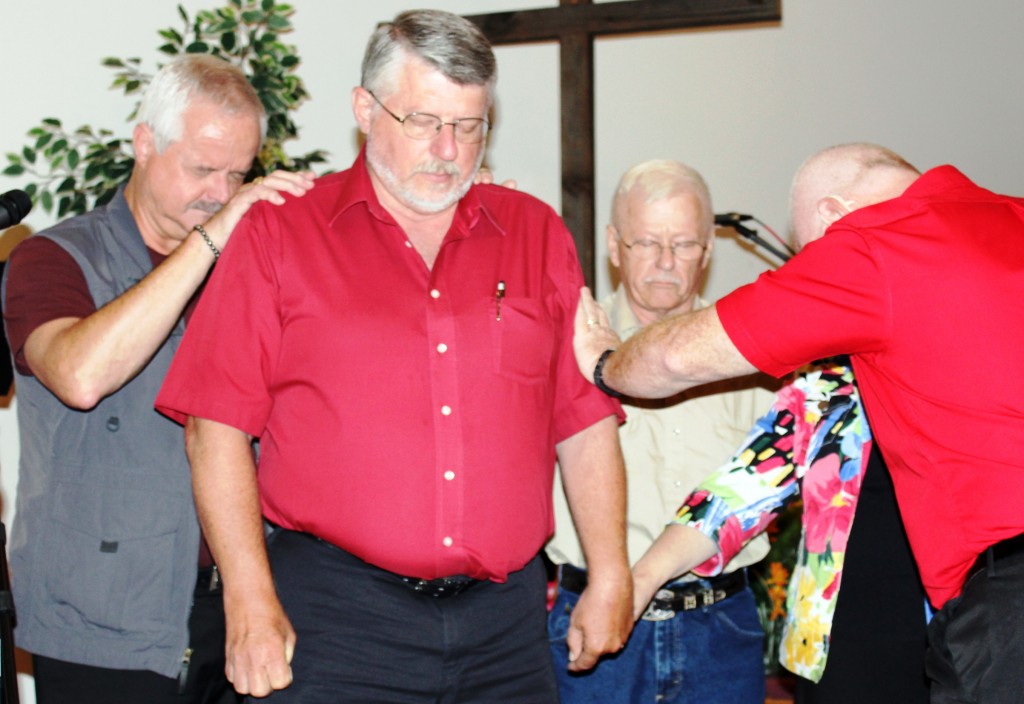Dear Brothers and Sisters,
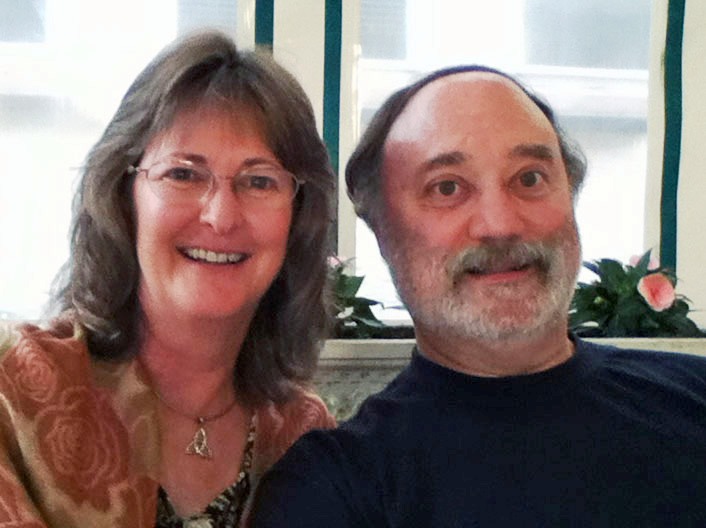 I’m sure you’ve heard of carbo-loading. The term typically refers to a strategy used by athletes to minimize fatigue when competing in events (like marathons) that require great endurance. The strategy involves eating large amounts of carbohydrates prior to the event. Through digestion, the carbs consumed are converted into glycogen (a form of sugar), which enters the cells of the body through the bloodstream. Excess glycogen is stored in the liver and muscles for future use.
I’m sure you’ve heard of carbo-loading. The term typically refers to a strategy used by athletes to minimize fatigue when competing in events (like marathons) that require great endurance. The strategy involves eating large amounts of carbohydrates prior to the event. Through digestion, the carbs consumed are converted into glycogen (a form of sugar), which enters the cells of the body through the bloodstream. Excess glycogen is stored in the liver and muscles for future use.
In reading about carbo-loading, it occurred to me that, spiritually speaking, Jesus, “the bread of life,” is our “cosmic carbohydrate.” As we “feed” on him, we are delivered from the spiritual fatigue so often encountered in the race of life. Jesus imparts this grace by sharing with us his own glorified humanity. Because he never leaves or forsakes us, he is always there to meet our deepest need.

(public domain via Wikimedia Commons)
Though Jesus fed the multitudes with physical food (loaves and fishes), his greatest desire is to feed us spiritually. Jesus wants us to know him not only as the source of physical food, but also (and most importantly) as the source of our spiritual sustenance. Jesus put it this way: “I am the bread of life; whoever comes to me shall not hunger, and whoever believes in me shall never thirst” (John 6:35 ESV).
Just as physical bread nourishes our bodies, Jesus, the bread of life, nourishes our souls by imparting to us the spiritual energy needed for right relationships with God and each other. Jesus feeds those who are needy and helpless then invites them to join him in feeding others, pointing them to the true bread of life. As Sri Lankan missionary, D. T. Niles, famously said, “Evangelism is one beggar telling another beggar where to find bread.”
Following his resurrection, Jesus met with Peter and commanded him to “Feed my sheep” (John 21:15-17). Peter obeyed that command, and understanding that Jesus himself is the nourishment the sheep need, he wrote this to Christians scattered throughout Asia Minor:
Put away all malice and all deceit and hypocrisy and envy and all slander. Like newborn infants, long for the pure spiritual milk, that by it you may grow up into salvation—if indeed you have tasted that the Lord is good. (1 Peter 2:1-3 ESV, italics added)
In writing this, Peter likely had in mind the words of the psalmist: “Taste and see that the Lord is good; blessed is the one who takes refuge in him” (Psalm 34:8).
Of course, we all need physical food—we’d die without it. But our dependency on physical food should remind us of our even greater need for spiritual food—for Jesus, the true bread of life. The Son of God who created us and became incarnate in Jesus, now, through the Spirit, sustains us. And so we depend on Jesus—by the Spirit we feed on him. We do so through spiritual practices such as worship, prayer and Bible Study. In these and other ways, Jesus feeds us from the inside out, blessing us and enabling us to bless others by passing on what we have received—things like love, forgiveness, hope, encouragement, appreciation, faithfulness in relationships, and our material possessions.
Just as a gourmet chef provides the best physical food to nourish our bodies, so Jesus, our Creator and Sustainer, provides the best spiritual food to nourish our souls. Because Jesus knows and loves us as individuals, the way he feeds you may be a bit different than the way he feeds me and others. He feeds us with his life and love in ways that are best for each of us. That’s how much Jesus loves us all.
Speaking of Jesus’ love, I’m sure we’ve all heard the children’s song, “Jesus Loves Me (This I Know)” (it may be a children’s song, but I find that adults love it too!). Here’s an equally comforting phrase someone should put to song: “Jesus Knows Me This I Love.” Jesus knows you intimately. He knows who you are, and knows your deepest needs. This is so because, by the Spirit, he lives within us, and as we feed on him, he becomes for us life-giving “cosmic carbohydrate.” Now there’s a good reason to practice carbo-loading, don’t you think?
Feeding with you on the bread of life,
Joseph Tkach
PS: I greatly enjoyed my recent visit to the GCI congregation in Winnipeg, Manitoba, Canada, where I joined in celebrating their 50th anniversary. Pastor Alan Redmond and his wife Carolyn were perfect hosts to us and about 190 others in attendance, including Canadian national ministry leader Gary Moore and his wife Wendy who updated us on Canadian church missions. The worship and fellowship (pictured left and right, below) were wonderful and the food (at center) was fantastic! It was a personal treat to eat the delicious homemade peroghis for lunch (talk about carbo-loading!).


